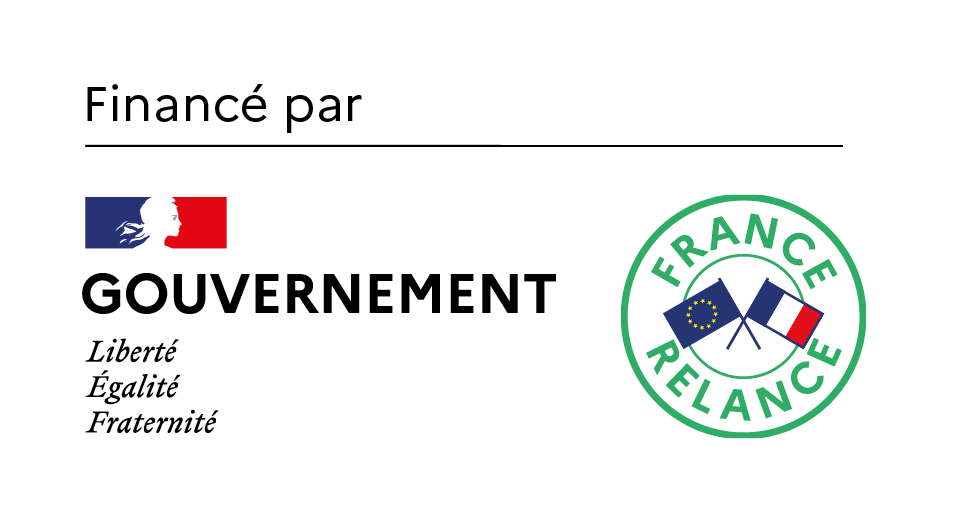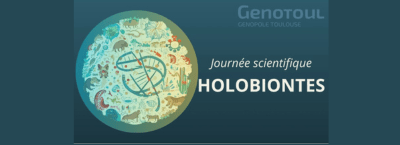
Pioneers of blood and tissue microbiome exploration, we are leaders in low bacterial biomass sample analysis
ABOUT VAIOMER
Microbiome analysis for convincing data
Our contamination aware approach is crucial
By carefully controlling for contamination at every step of microbiome analysis, we provide reliable data that reflect the actual bacterial load of tissues rather than contaminants.
Mission
Vaiomer microbiome analysis stimulates the discovery
of new disease mechanisms, new biomarkers to contribute to personalized medecine, new pathways to identify novel therapeutic targets.
Microbiome analysis applications
Blood and tissue microbiota in health and diseases

Cardio - metabolic diseases
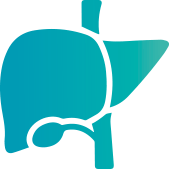
Liver diseases
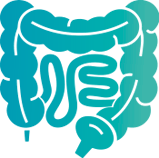
Gastrointestinal disorders

Cancer

Neurodegenerative and mental disorders

COVID, HIV & infectious diseases

Autoimmune and inflammatory diseases

Nutrition
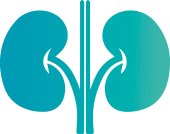
Kidney diseases

Microbiome in early life
Vaiomer microbiome expertise
Exploring the circulating and tissue microbiomes
Beyond the human gut microbiome
The microbiota is not only located in the gut. It expands to every part of the body, ranging from very high to very low bacterial biomass. Learn more by travelling through our microbiome atlas.
Vaiomer tailor - made metagenomics
Challenging low bacterial biomass samples are now accessible thanks to our specifically optimized and contamination-aware metagenomic workflow. Discover our microbiome analysis services.
INNOVATORS’ EXPERIENCE
The early explorers of tissue microbiomes
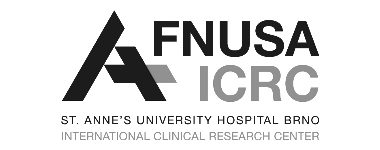
“at the International Clinical Research Center (ICRC) in Brno, Czech Republic, we were able to use Vaiomer’s collected information about the blood microbiota in humans and in mice models to understand the pathogenesis of leukemia and the effect of different diets on systemic inflammation. This information is exceptionally accurate and provide us with a dynamic insight into host-microbiota interaction during pathogenesis”
Manlio Vinciguerra, PhD
Principal Investigator
International Clinical Research Center
St. Anne’s University Hospital
Brno
Czech Republic
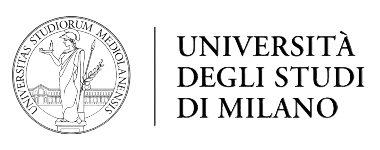
Altered intestinal permeability (also called ‘leaky gut’) is attracting growing scientific interest due to its involvement in numerous health conditions including, most importantly, autoimmune diseases. The JPI-funded projet ‘MaPLE’ (Microbiome mAnipulation through Polyphenols for managing gut Likeness in the Elderly) aims to demonstrate that dietary polyphenols may preserve intestinal permeability in the elderly. A pivotal and essential role in this project is played by the assessment of bacterial translocation through the blood microbiomics analyses that Vaiomer can provide.
Prof. Simone Guglielmetti, PhD
Università degli Studi di Milano
Department of Food, Environmental and Nutritional Sciences (DeFENS)
Division of Food Microbiology and Bioprocesses

Translocation of bacteria from the gut into the blood has been defined as a key factor contributing to inflammation and disease progression in the last decade. However, characterization of the translocated bacteria has remained elusive due to technical issues, that we have been able to sort out with an extremely efficient collaboration with Vaiomer.
Sergio Serrano Villar, MD, PhD
Servicio de Enfermedades Infecciosas
Hospital Universitario Ramón y Cajal
Carretera de Colmenar Km 9,100. 28034 Madrid
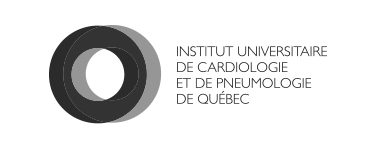
“Understanding the impact of microbes and microbial-derived molecules on host homeostasis is critical. Vaiomer provides reliable and thorough analysis of blood and tissue microbiota. They have great customer service and a well-trained team of scientists that provides helpful guidance.”
Fernando Forato Anhê
M.Sc., Ph.D.
Postdoctoral Research Fellow
Department of Biochemistry and Biomedical Sciences
Farncombe Family Digestive Health Research Institute
Faculty of Health Sciences, McMaster University
Laboratory of Dr. Jonathan Schertzer (HSC 4H19)
1200, Main St. West
Hamilton (ON), Canada, L8N 3Z5
And
André Marette, PhD
Directeur de la Chaire de Recherche sur la pathogénèse de la résistance à l’insuline et des maladies cardiovasculaires
Directeur scientifique, Institut sur la Nutrition et les Aliments Fonctionnels de l’Université Laval
Professeur Titulaire, Département de Médecine
Faculté de Médecine, Université Laval
Axe cardiologie, Centre de recherche de l’Institut universitaire de cardiologie et pneumologie de Québec
Hôpital Laval, Pavillon Marguerite d’Youville, Bureau Y4340
Ste-Foy, Québec, Canada, G1V 4G5
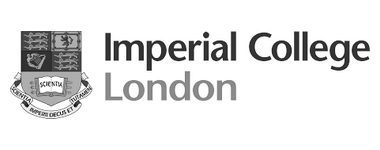
One of the goals of our research is to understand how the unique immunological state of pregnancy protects the fetus from rejection without compromising the mother. Our collaboration with Vaiomer is examining this from a unique perspective by using their novel disruption and extraction methodologies to determine if pregnancy alters the blood microbiome. We will also test if this information can be used as an early discovery platform for the prediction of poor pregnancy outcomes associated with infection, such as preterm birth
Dr David A MacIntyre
MRC Career Development Fellow
Senior Lecturer in Reproductive Systems Medicine
Institute of Reproductive and Developmental Biology
Department of Surgery and Cancer
Imperial College
Hammersmith Hospital Campus
DuCane Road
London W12 ONN
UK

Thanks to the expertise of Vaiomer, we have found a dysbiosis of the blood and brain microbiota of 5XFAD mice, transgenic mouse model of Alzheimer’s disease, compared to wild-type littermate animals. These striking results pave the way for new biomarkers of the disease and unexpected therapeutic strategies.
Sylvie CLAEYSEN, PhD, HDR
INSERM Research Scientist
Institut de Génomique Fonctionnelle
CNRS UMR 5203 – INSERM U1191 – Univ Montpellier
141 rue de la Cardonille
34094 Montpellier cedex 5
France

« With the development of immune checkpoint inhibitors in thoracic oncology, there are more and more evidences of the impact of gut microbiota on the efficacy of these drugs. In this context, Vaiomer offers the exciting opportunity to get a reflect of the gut microbiota profile on a simple blood test in patients with lung cancer treated with immunotherapies.”
Dr Etienne Giroux Leprieur
Service de Pneumologie et Oncologie thoracique, APHP – Hôpital Ambroise Paré
EA4340 Biomarqueurs en Cancérologie et Onco-Hématologie, UVSQ, Université Paris-Saclay
9 avenue Charles de Gaulle
92100 Boulogne-Billancourt
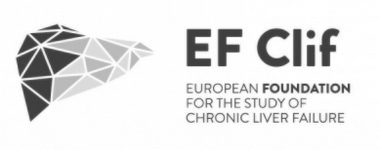
Translocation of the gut microbiota into the circulatory system modulates the inflammatory response in many diseases, including liver disease. The nature and composition of the microbiota that enters and circulates in different compartments of blood can be explorer by the tools of Vaiomer. Indeed, independent of Vaiomer, positive cultivation in selected patient samples demonstrated circulating viable bacteria. Moreover, members of circulating microbiome showed strong correlation with inflammatory cytokines, which deliver comprehensive data of circulating microbiome in different blood compartments and their association with systemic inflammation, at least in liver diseases.
Prof. Jonel Trebicka, MD, PhD
European Foundation for the Study of Chronic Liver Failure – EF Clif
Travessera de Gràcia, 11, 7th floor
08021 Barcelona – Spain
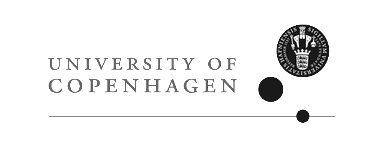
We left our unique liver biopsies from overweight human subjects with steatosis and from lean non-steatotic subjects to Vaiomer for evaluation of the bacterial metagenome in human liver tissue. With the invaluable and professional help from the Vaiomer team, we are now interpreting the exciting bacterial DNA results and we look forward to provide a window to the hepatic relative proportions of taxa in the two groups. The potential bacterial ‘fingerprints’ of bacteria in human liver tissue that may arise from our collaboration with Vaiomer may procure a new understanding of how gut bacteria are involved in the development metabolic disease
Filip K. Knop, MD PhD
Head of Clinical Metabolic Physiology and Consultant Endocrinologist, Steno Diabetes Center Copenhagen (Gentofte Hospital), University of Copenhagen, Kildegaardsvej 28, DK-2900 Hellerup, Denmark (www.gentoftehospital.dk/diabetes)
Professor of Endocrinology, Department of Clinical Medicine, Faculty of Health and Medical Sciences, University of Copenhagen, Blegdamsvej 3B, DK-2200 Copenhagen N, Denmark (www.healthsciences.ku.dk)
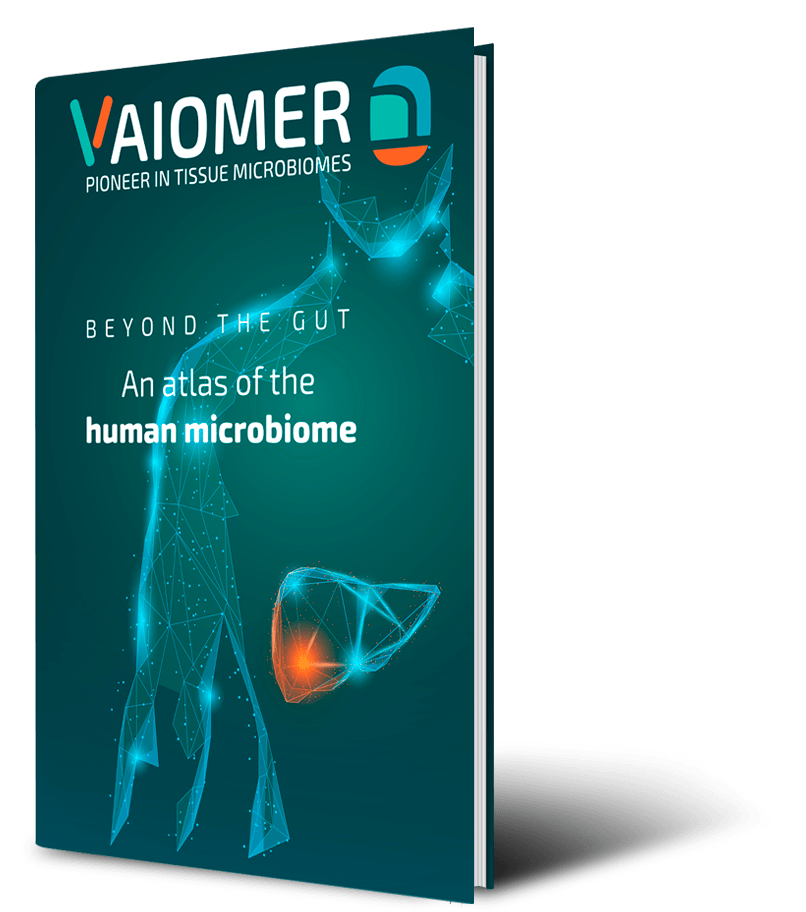
Dowload our white paper
Learn about the gut, blood and tissue microbiota, the link between gut dysbiosis and tissue inflammation, and discover how these microbiota positively or negatively influence our physiology and can cause disease
News and views
VAIOMER Experts’ Highlights
Vaiomer will be attending «Journées Polepharma de Microbiomique, 4ème édition»
> Vaiomer will be taking part in the 4th edition of the « Journées Polepharma De Microbiomique » on November 22 & 23 in Rouen, FRANCE.
> Do not miss the amazing “Microbiota and Cancer” session introduced by our CSO, Benjamin LELOUVIER, on Thursday 23 at 14:00.
Vaiomer is taking part to « 7èmes JOURNEES SCIENTIFIQUES FRANCOPHONES du CALM»
>We are excited to exchange and share new ideas with scientists and academics in the field of microbiota and Alzheimer’s research.
>Do not miss our talk presented by Benjamin LELOUVIER in the Microbiota session, on Wednesday, November 15.
Vaiomer is participating in the Genotoul Scientific Day-HOLOBIONTES
> Vaiomer will be attending “Genotoul Scientific Day-HOLOBIONTES: Understanding host microbiota interactions” Thursday, November 9, 2023 in Toulouse, France.
